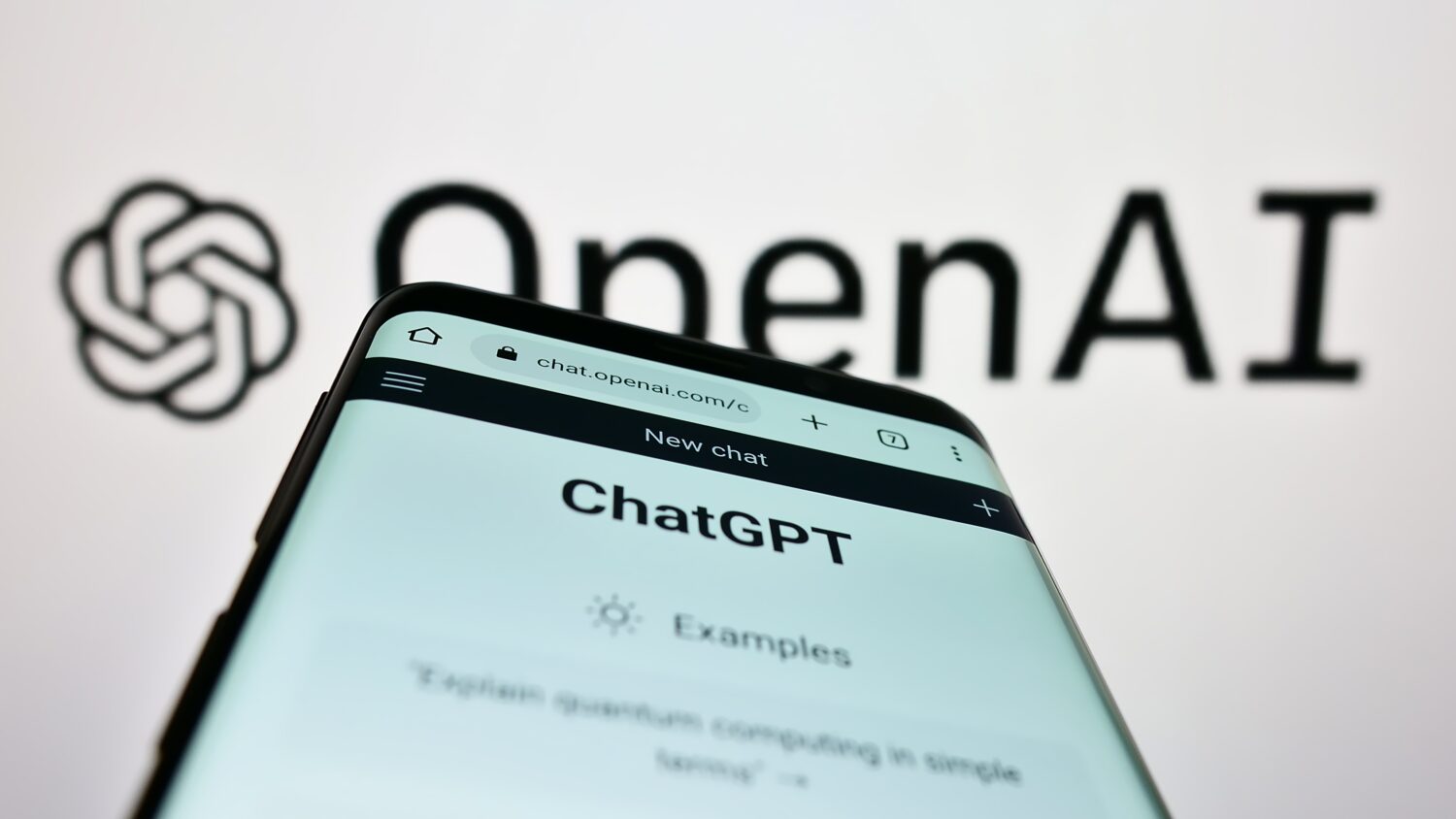The impact of ChatGPT on the finance function has tongues wagging across the sector as the debate continues around the benefits and dangers of the technology for CFOs.
The more likely outcome is a positive one though.
ChatGPT, an AI chatbot developed by technology company OpenAI, is based on numerous language models and uses deep learning to generate real-time responses that truly understand user queries.
CFOs are already aware of the benefits of artificial intelligence: finance professionals will be able to achieve more on any given day as automation takes over more administrative tasks.
AI will also lead to the creation of new (and more rewarding) roles as the job market continues to evolve. This means finance leaders should prioritise investment in their team’s training, equipping them to deliver unique value that a machine cannot replicate.
But how important will ChatGPT specifically be for CFOs?
For Glenn Hopper, CFO at Eventus Advisory Group, ChatGPT will be an essential tool for all finance team member to understand and engage with. So much so, he believes it should be a factor in the recruitment process.
“For me, it’s not explicitly stated anywhere yet, but if I were hiring right now, that would be part of the interview process for me,” Hopper tells The CFO. “You have to understand what this tool is and how you can use it.”
Hopper also sees AI as a tool that can be used to complement existing skills and knowledge, much like how proficiency in Excel or general ledger software is expected in finance and accounting roles.
Opportunities for the taking
ChatGPT, and AI in general, is poised to revolutionise the overall finance function by automating mundane tasks, allowing employees to focus on more meaningful work.
The ability to process large datasets in less time is one of its most crucial functions, particularly when it comes to analysing financial markets and forecasting outcomes.
This makes it a valuable tool for analysts who rely on market data, financial accounts, and other information to make informed investment decisions. By training the AI on past data and leveraging its pattern recognition capabilities, accurate financial projections can be made.
ChatGPT can also play a role in helping finance departments meet compliance and regulatory requirements by automating compliance checks and monitoring activities for potential violations.
It can quickly detect and evaluate emerging risks, providing companies with the opportunity to take appropriate preventive measures.
Furthermore, ChatGPT can be trained on various financial data, such as historical financial statements and market data, and its conversational analysis of findings can help identify which model parameters carry the most weight on the outcome.
Once the AI identifies key variables, it can offer suggestions for adjusting the model accordingly.
Resetting the agenda
However, the adoption of ChatGPT will not be without its challenges.
Hoppers says a mind shift will be necessary among CFOs to the extent they should consider the technology as an investment.
“If you don’t need to pay people to do these tasks, that can be replaced by artificial intelligence. Where would you invest to make your team more valuable to the company?” he asks.
Paul Barnhurst (FP& A) who also freelances as a peer community ambassador at Gartner says finance professionals who were not willing to adjust to the arrival of GPT in finance risked getting left behind.
“I think in society as a whole but I also think in finance, we are seeing more machine learning algorithms being used,” says Barnhurst explaining that while tech giants including Microsoft had found the AI-generated Algorithms to be accurate, people still reviewed the data and could override it.
“So, it’s a collaboration. Facebook has a big algorithm they’ve released. I’ve seen multiple companies start to come out with, different AI, and they’re using Chat GPT to serve a lot of those roles of a junior analyst,” says Barnhurst.
A chance to upskill
The emergence of ChatGPT also poses an opportunity for CFO’s to upskill their teams; an opportunity Hopper says financial leaders cannot afford to miss.
“The real value that the finance and accounting functions can add to a company is strategic insight, being able to make data-driven decisions. Currently, you must apply human resources to get to the level where you have the data to act on it,” he says.
“But if you don’t have to deploy those human resources there, think about how much more value you could add if you had a person who took this data and did analysis on it, took it to the next level,” says Hopper.
The ethics question
As with any new technology, there are potential ethical concerns related to the use of GPT in finance talent management. One concern is the potential for bias in the screening and selection process, as the algorithm may unintentionally favour certain demographics or backgrounds.
Additionally, there may be concerns about privacy and the use of personal data for automated decision-making.
CFOs and their teams can address these ethical considerations by implementing strategies such as regular audits of the algorithm to detect and address any bias, ensuring transparency and accountability in the use of GPT, and involving diverse stakeholders in the development and implementation of the technology.
By addressing these ethical concerns and prioritising transparency and accountability, CFOs can ensure that the use of GPT in finance talent management is ethical and fair.
Was this article helpful?
YesNo


